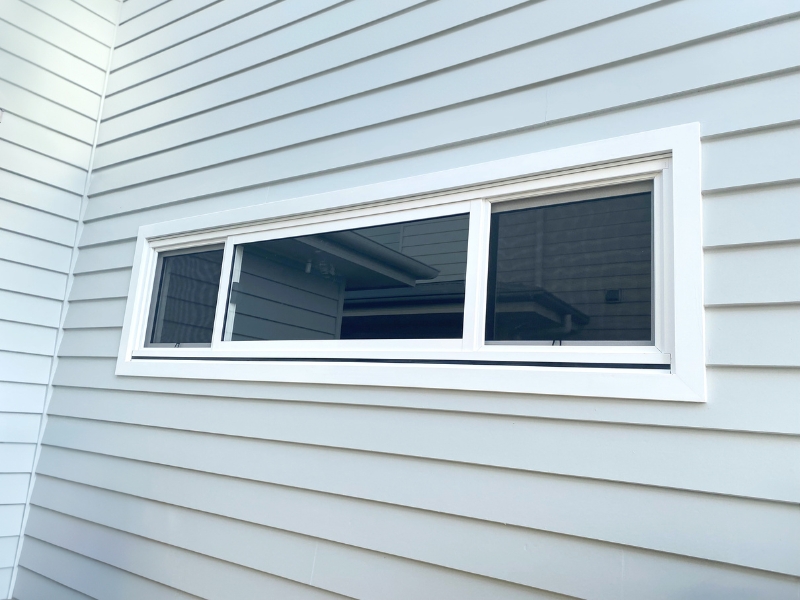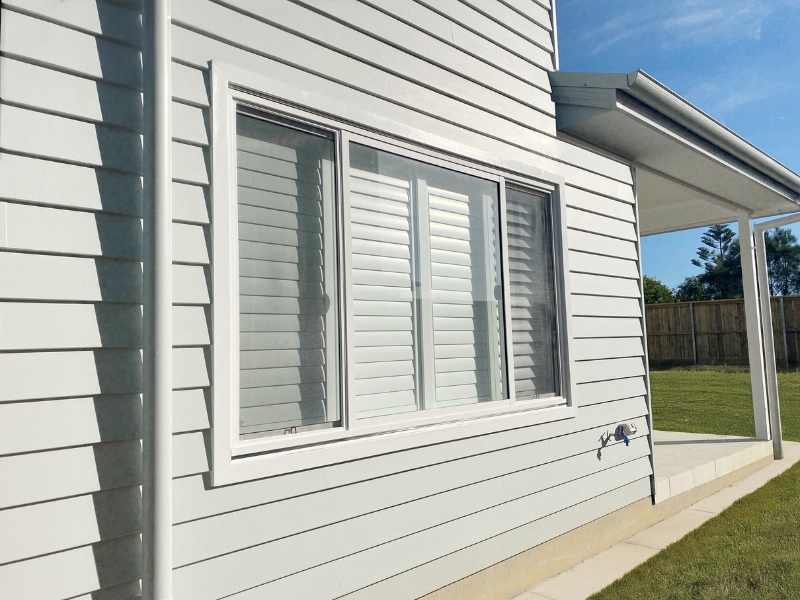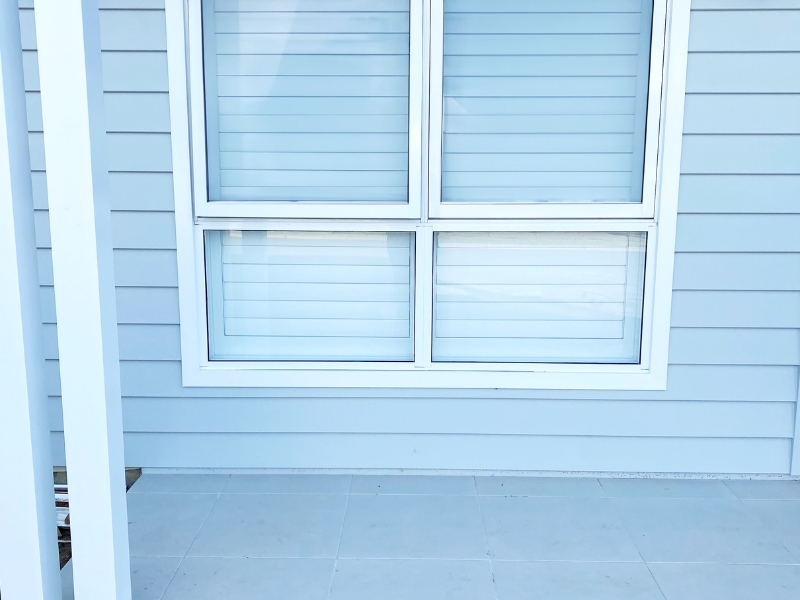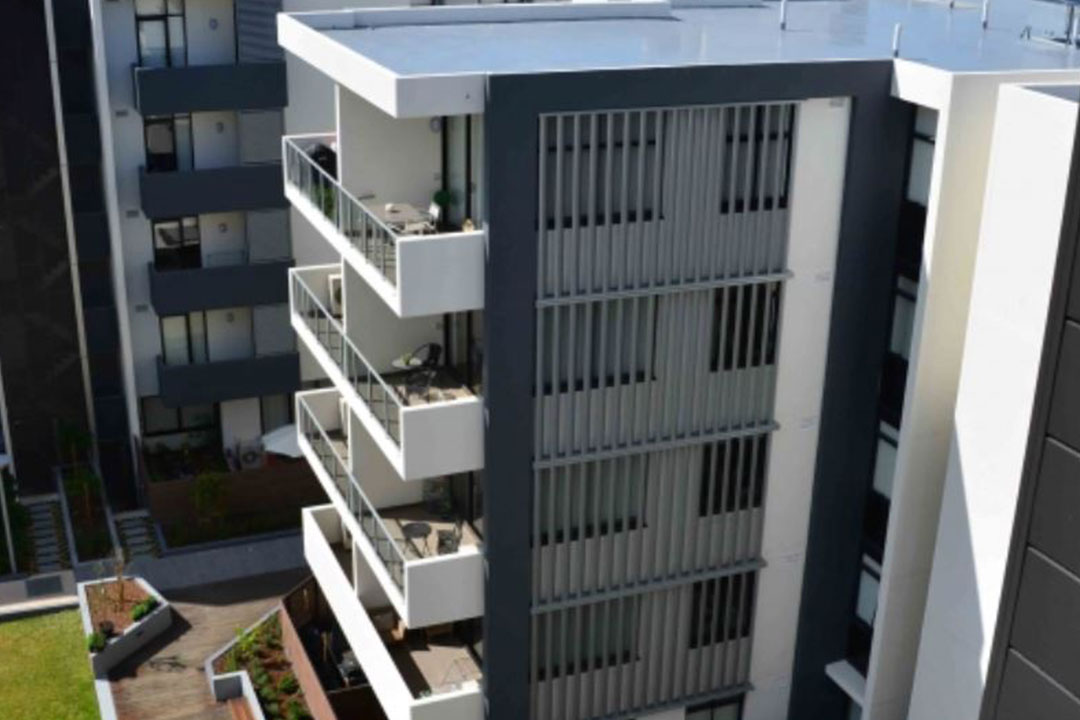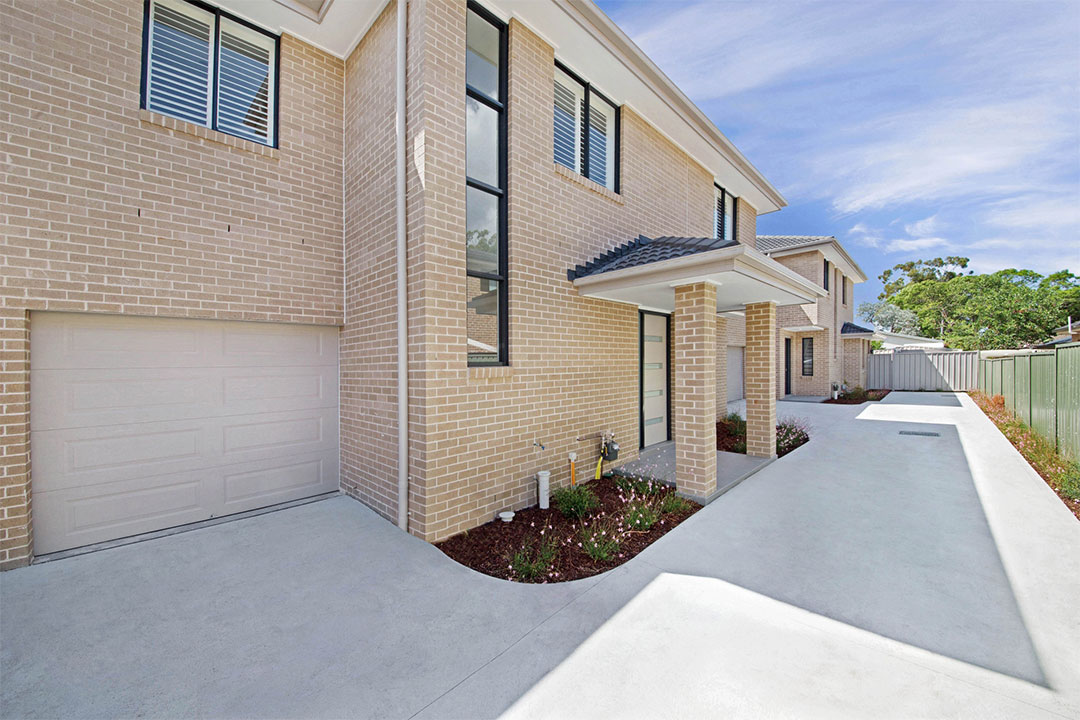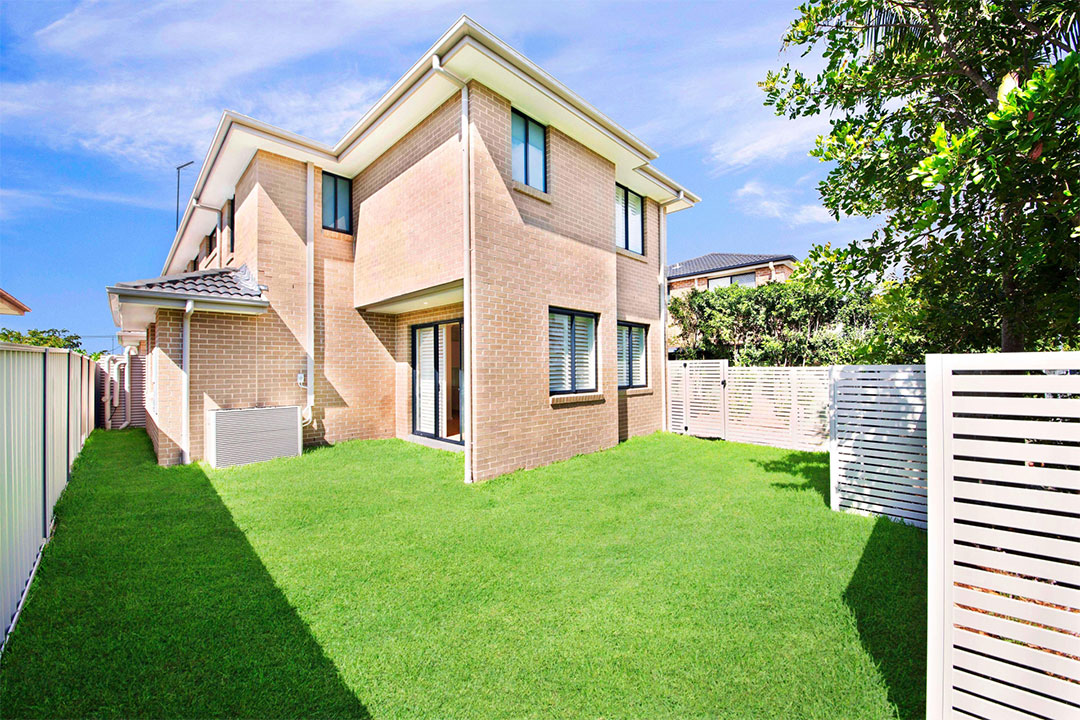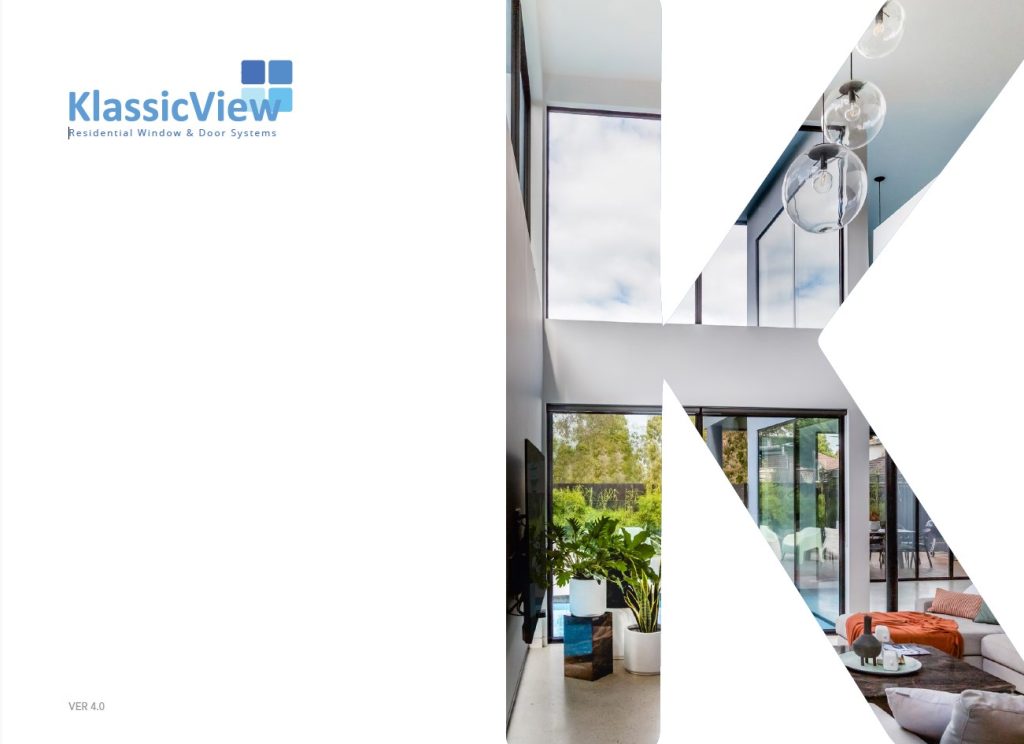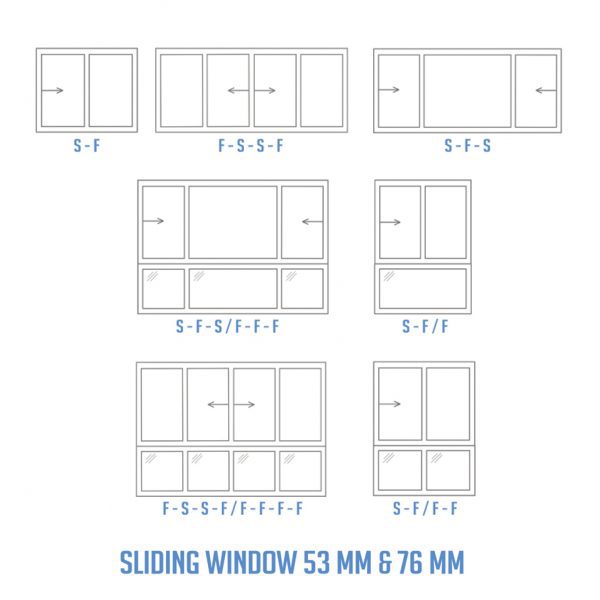To find your licensed KlassicView fabricator please contact your local Darley branch on:
About KlassicView 76mm Sliding Window
Designed to deliver high-performance and strength, the KlassicView 76mm sliding window is ideal for residential and architectural applications.
It accepts a glass thickness of 4mm to 20mm and a sash weight of up to 80kg.
This 76mm sliding window has a wide variety of interlock options for different wind loads and comes with a drain flap for protection against weather and air interference.
Compatible with other KlassicView systems, it features a continuous jamb for seamless highlights and lowlights. It has been tested to and exceeds Australian Standard AS2047 and was designed and engineered for Australian climatic conditions.
76mm Sliding Window Features:
WERS Ratings
The Window Energy Rating Scheme (WERS) is accredited by the AFRC – which means that WERS ratings are compliant with the NCC.
Reports are prescribed both the window performance for total window U Value (Uw) and total window Solar Heat Gain Coefficient (SHGCw).
U-value
U-value measures how well a product prevents heat from escaping.
It is a measure of the rate of non-solar heat loss or gain through a material or assembly.
U-value ratings generally fall between 2.0-10.0 W/m2.K for Australian products. The lower the U-value, the greater a window’s resistance to heat and cold flow and the better its insulating value.
Solar Heat Gain Co-efficient (SHGC)
SHGC measures how well a product blocks heat caused by sunlight. SHGC is expressed as a number between 0 and 1. The lower a window’s SHGC, the less solar heat it transmits.
Tested to AS2047
- About
-
About KlassicView 76mm Sliding Window
Designed to deliver high-performance and strength, the KlassicView 76mm sliding window is ideal for residential and architectural applications.
It accepts a glass thickness of 4mm to 20mm and a sash weight of up to 80kg.
This 76mm sliding window has a wide variety of interlock options for different wind loads and comes with a drain flap for protection against weather and air interference.Compatible with other KlassicView systems, it features a continuous jamb for seamless highlights and lowlights. It has been tested to and exceeds Australian Standard AS2047 and was designed and engineered for Australian climatic conditions.
76mm Sliding Window Features:
- Wers Ratings
-
WERS Ratings
The Window Energy Rating Scheme (WERS) is accredited by the AFRC – which means that WERS ratings are compliant with the NCC.
Reports are prescribed both the window performance for total window U Value (Uw) and total window Solar Heat Gain Coefficient (SHGCw).
U-value
U-value measures how well a product prevents heat from escaping.
It is a measure of the rate of non-solar heat loss or gain through a material or assembly.
U-value ratings generally fall between 2.0-10.0 W/m2.K for Australian products. The lower the U-value, the greater a window’s resistance to heat and cold flow and the better its insulating value.
Solar Heat Gain Co-efficient (SHGC)
SHGC measures how well a product blocks heat caused by sunlight. SHGC is expressed as a number between 0 and 1. The lower a window’s SHGC, the less solar heat it transmits.
- Testing
-
Tested to AS2047
Under the Building Code of Australia, we are required to produce windows and doors that meet mandatory minimum specifications under Australian Standard (AS) 2047 – including AS1288. - Technical Manuals
- CAD Drawings







